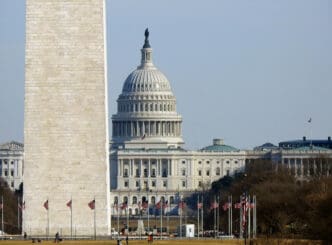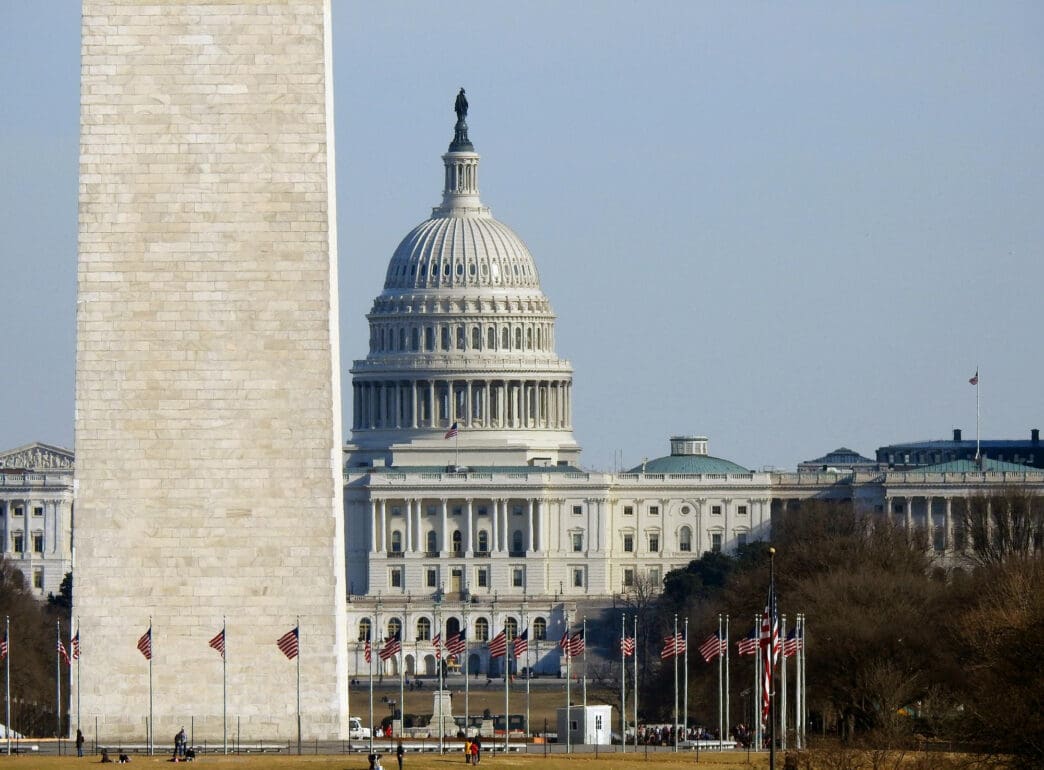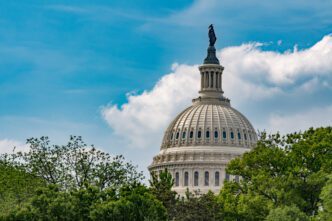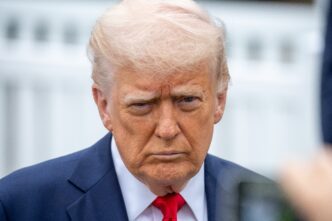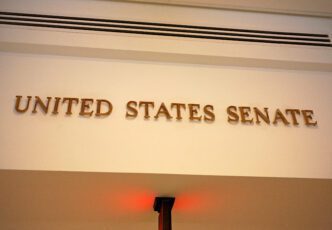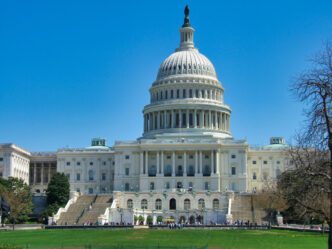Executive Summary
The Story So Far
Why This Matters
Who Thinks What?
The Senate voted late Monday, November 10, 2025, to approve a funding measure aimed at reopening the federal government and ending the longest-ever U.S. shutdown. The bipartisan compromise, which now moves to the House, was passed without securing an extension of enhanced Affordable Care Act (ACA) subsidies, a key demand from many Democrats.
The measure saw eight members of the Democratic caucus join Republicans in a 60-40 vote. Senator Rand Paul of Kentucky was the sole Republican to oppose the bill. President Trump is expected to sign the deal, which would restore critical federal services, including food aid and veterans’ programs, and provide pay for hundreds of thousands of federal workers.
Political Dynamics and Negotiations
The 41-day funding dispute has proven politically challenging on Capitol Hill, with recent polling indicating Republicans have largely borne the brunt of public blame. The deal, brokered by centrist Democrats in the Senate, has sparked internal debate within the Democratic party regarding its strategy moving forward.
Many Democrats had sought to continue the fight for policy wins on health care. However, centrists argued that President Trump’s firm stance made such gains unlikely, instead securing a promise for a future vote on a health care bill of their choosing. The passage of such a bill in both chambers remains uncertain.
Negotiations for the funding deal intensified over the weekend, involving Senate centrists, GOP leaders, and the White House. The eight Democratic senators who ultimately supported the measure were Dick Durbin, Maggie Hassan, Tim Kaine, Jeanne Shaheen, Catherine Cortez Masto, John Fetterman, Jacky Rosen, and Angus King, an independent caucusing with Democrats.
Senate Minority Leader Chuck Schumer faced criticism from the party’s left for allowing the centrists to strike a deal without immediate wins on ACA subsidies, which are set to expire and could lead to increased premiums for millions of Americans. Many Democrats anticipate a renewed funding battle when the next tranche of funding expires on January 30.
Path Forward in the House
Attention now shifts to House Speaker Mike Johnson and House members, who are returning to Washington after a district work period. Speaker Johnson will likely require President Trump’s support to guide the package through his often-fractious conference.
In an optimistic sign, Trump told CNN’s Kaitlan Collins on Monday that he personally approved of the deal. “I think, based on everything I’m hearing, they haven’t changed anything, and we have support from enough Democrats, and we’re going to be opening up our country,” Trump stated. “It’s too bad it was closed, but we’ll be opening up our country very quickly.”

